All content on this site is intended for healthcare professionals only. By acknowledging this message and accessing the information on this website you are confirming that you are a Healthcare Professional. If you are a patient or carer, please visit the Lymphoma Coalition.
The Lymphoma Hub uses cookies on this website. They help us give you the best online experience. By continuing to use our website without changing your cookie settings, you agree to our use of cookies in accordance with our updated Cookie Policy
Introducing

Now you can personalise
your Lymphoma Hub experience!
Bookmark content to read later
Select your specific areas of interest
View content recommended for you
Find out moreThe Lymphoma Hub website uses a third-party service provided by Google that dynamically translates web content. Translations are machine generated, so may not be an exact or complete translation, and the Lymphoma Hub cannot guarantee the accuracy of translated content. The Lymphoma Hub and its employees will not be liable for any direct, indirect, or consequential damages (even if foreseeable) resulting from use of the Google Translate feature. For further support with Google Translate, visit Google Translate Help.
EHA-SWG 2017 | Rare Lymphomas: Immune Checkpoint Inhibitors
Bookmark this article
On March 12th, at the EHA-SWG Rare Lymphomas Scientific Meeting 2017 in Barcelona, Spain, Marie José Kersten chaired a scientific session on ‘Fighting Lymphoma with T-cells’. The second presentation of this session was by Stephen Ansell, from the Mayo Clinic, Rochester, USA, on the topic of ‘Immune Checkpoint Inhibitors’. Below are the key highlights from this presentation:
- Immune checkpoint inhibitors may relieve the immune suppression seen in the lymphoma
- PD-L1 and PD-L2 expression is increased in lymphoma cells
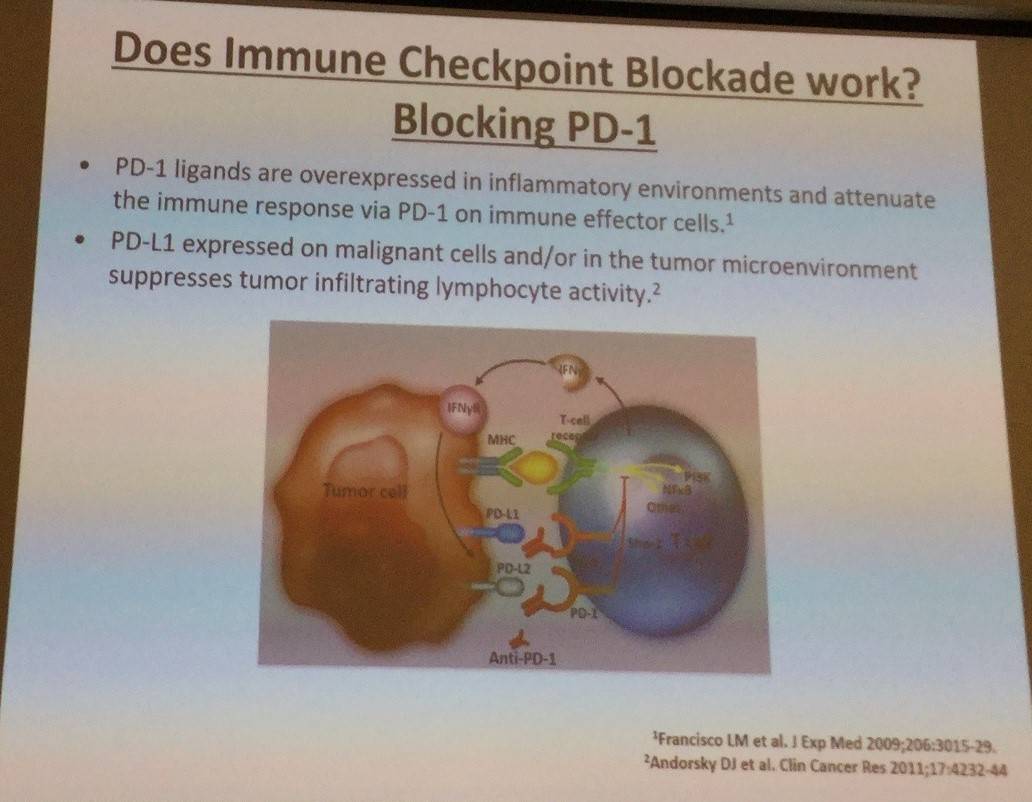
- Anti-PD1 drugs target and prevent suppressive PD-L1 and PD-L2 signaling from occurring in lymphoma
- Nivolumab and pembrolizumab have been shown to be effective in treating Hodgkin Lymphoma
- Phase II studies have also had positive results for nivolumab and pembrolizumab in classical HL
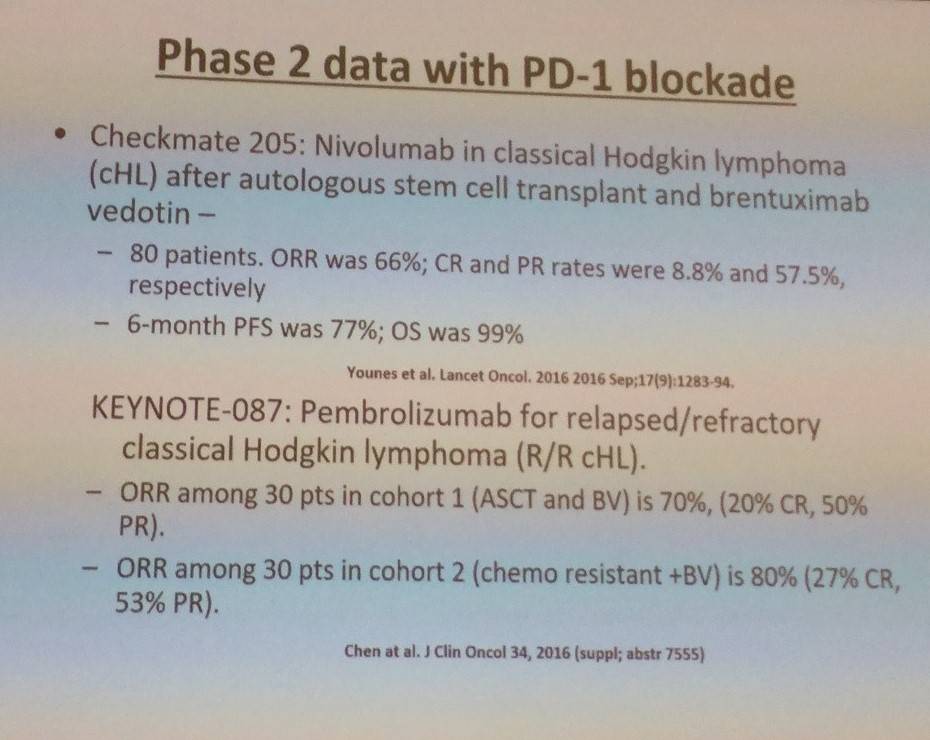
- Lower responses were seen in phase I results of nivolumab in R/R B-cell lymphoma and T-cell lymphoma
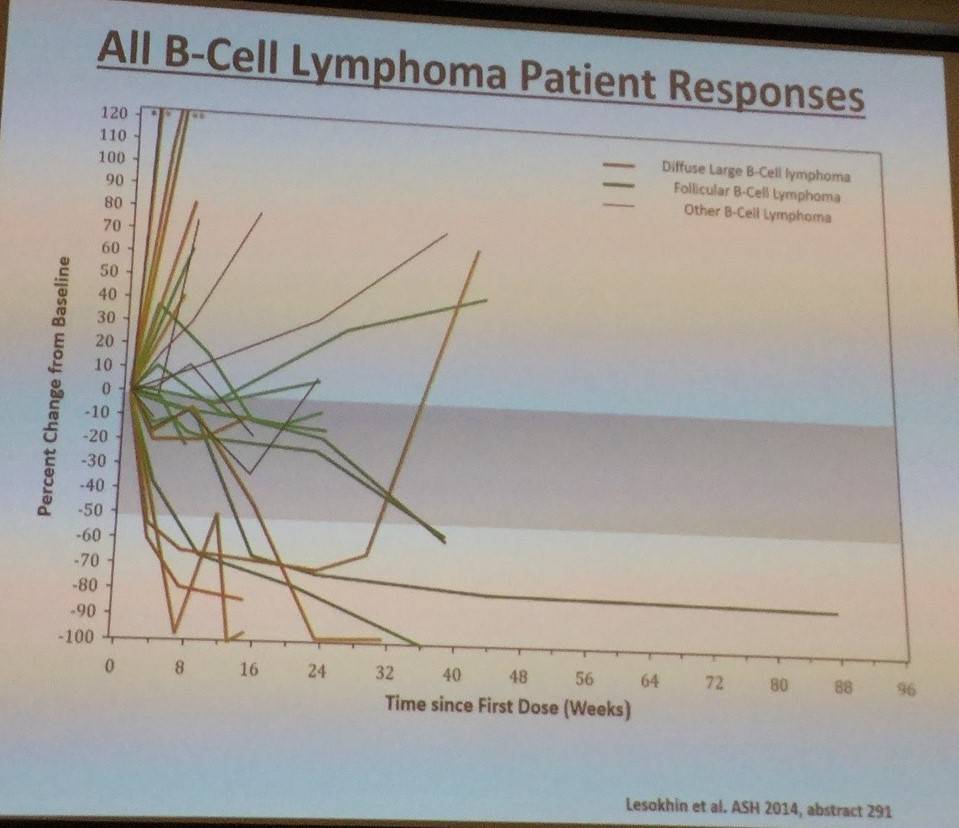
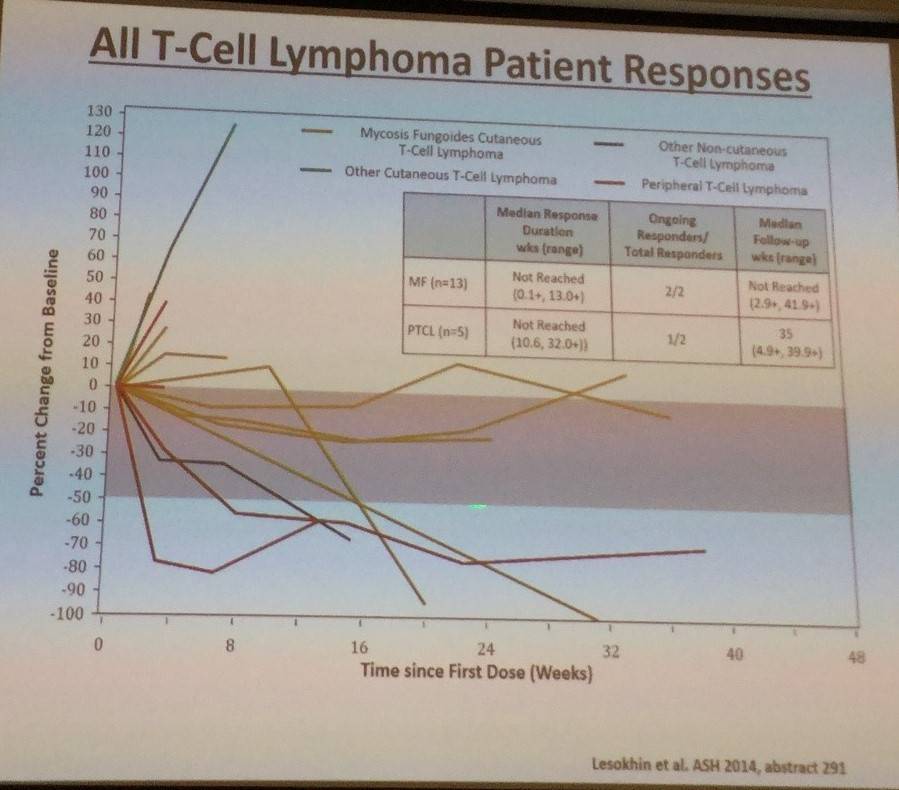
- Combining PD-1 blockade with CTLA-4 blockade via nivolumab and ipilimumab has been shown to be effective in HL (ORR = 74%), but less effective in B-cell NHL (ORR = 20%)
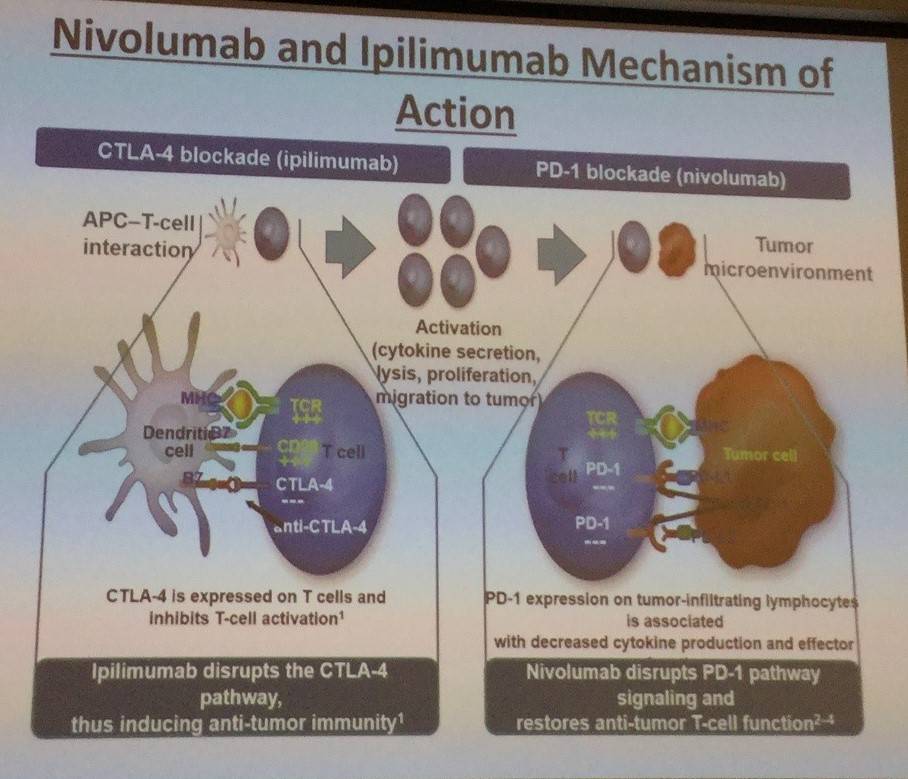
- Together this indicates that combination therapy with immune checkpoint inhibitors is a promising treatment option for NHL and HL
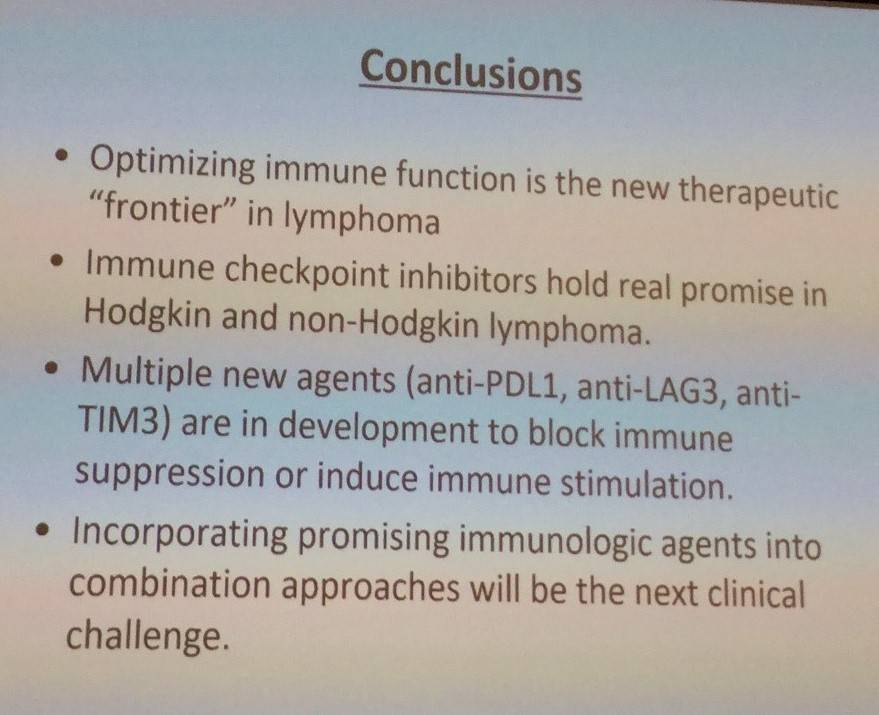
- Ansell S. Immune Checkpoint Inhibitors. 2017 Mar 12. EHA-SWG Rare Lymphomas. Barcelona, Spain.
More about...

Understanding your specialty helps us to deliver the most relevant and engaging content.
Please spare a moment to share yours.
Please select or type your specialty
 Thank you
Thank youRelated articles
Newsletter
Subscribe to get the best content related to lymphoma & CLL delivered to your inbox








